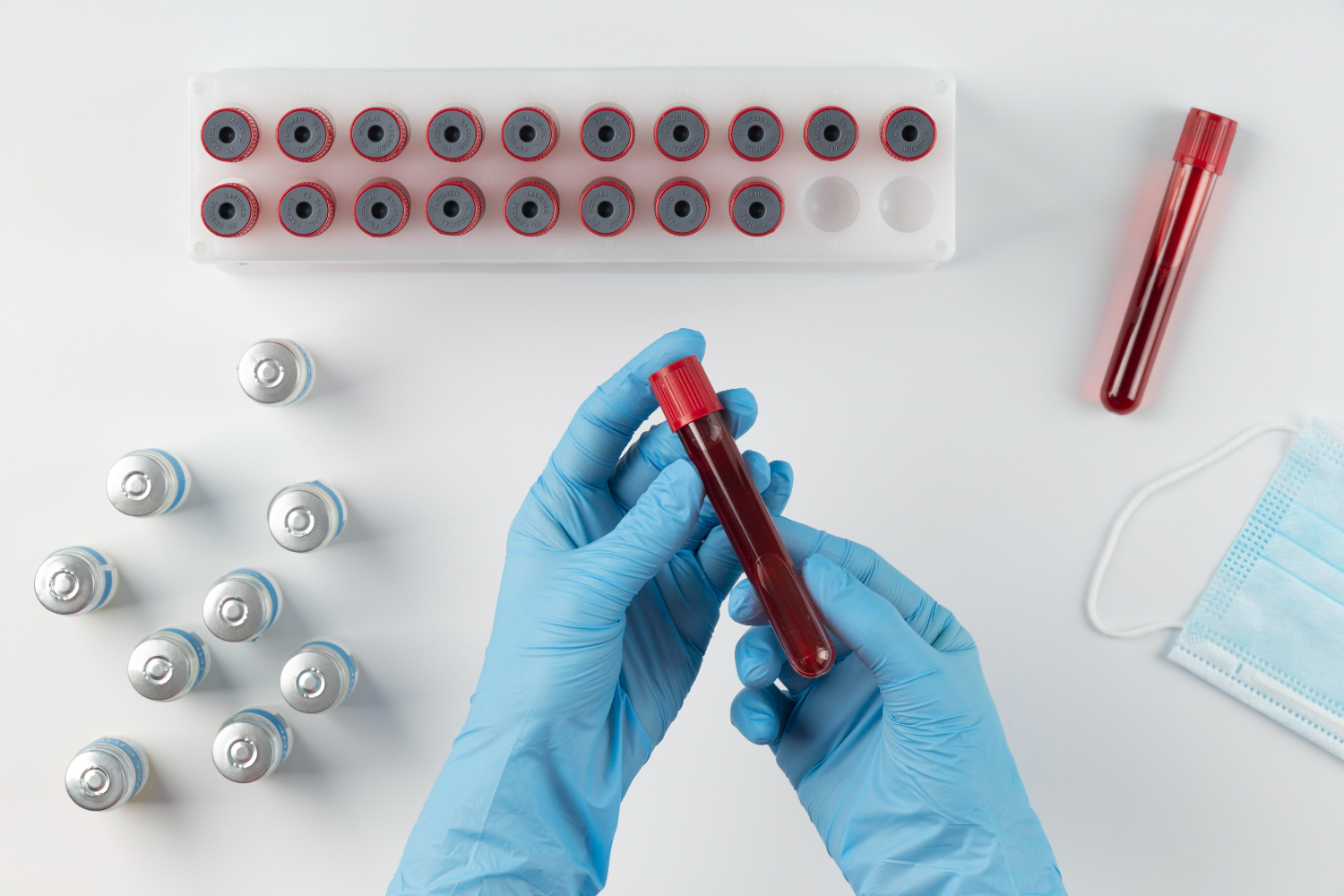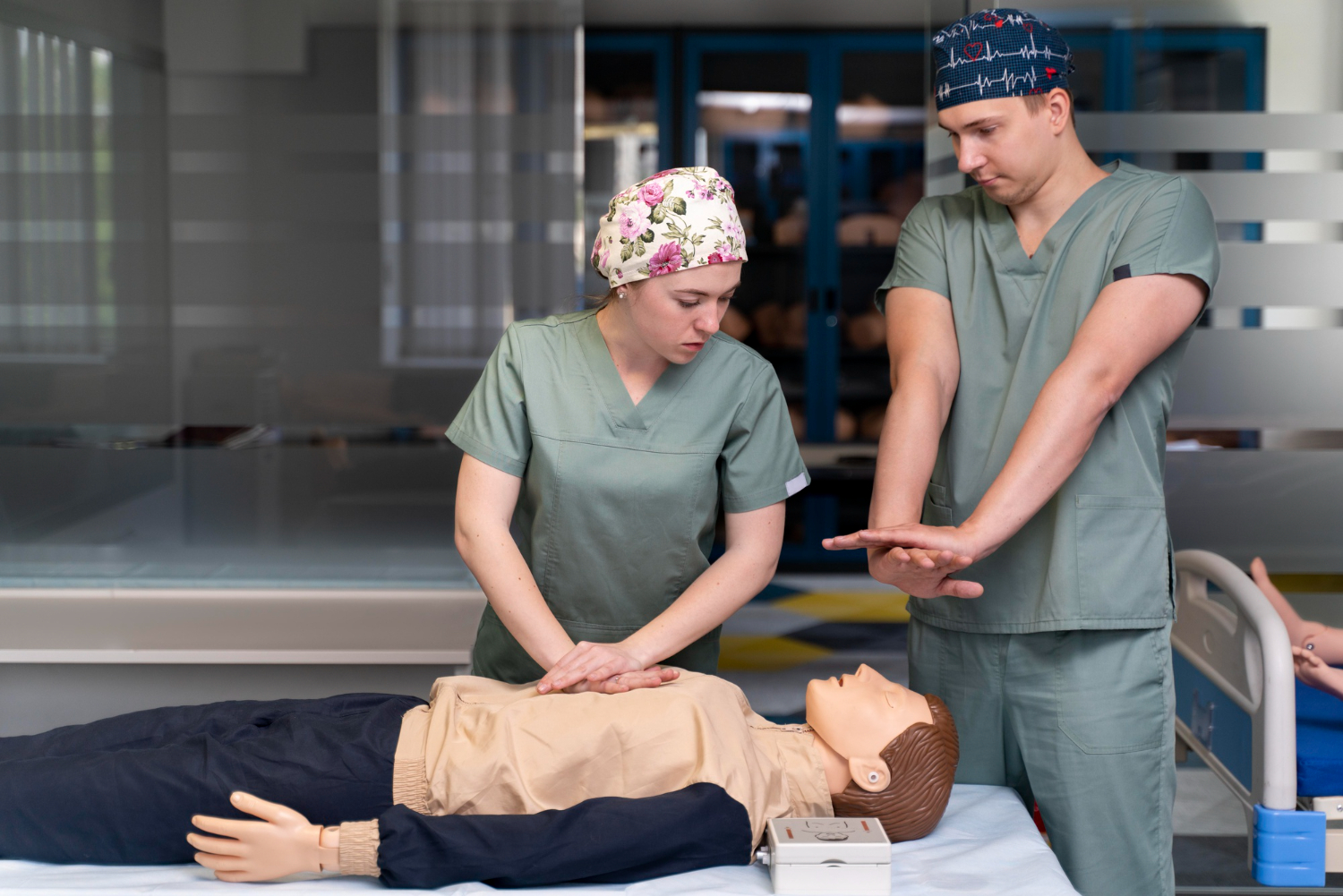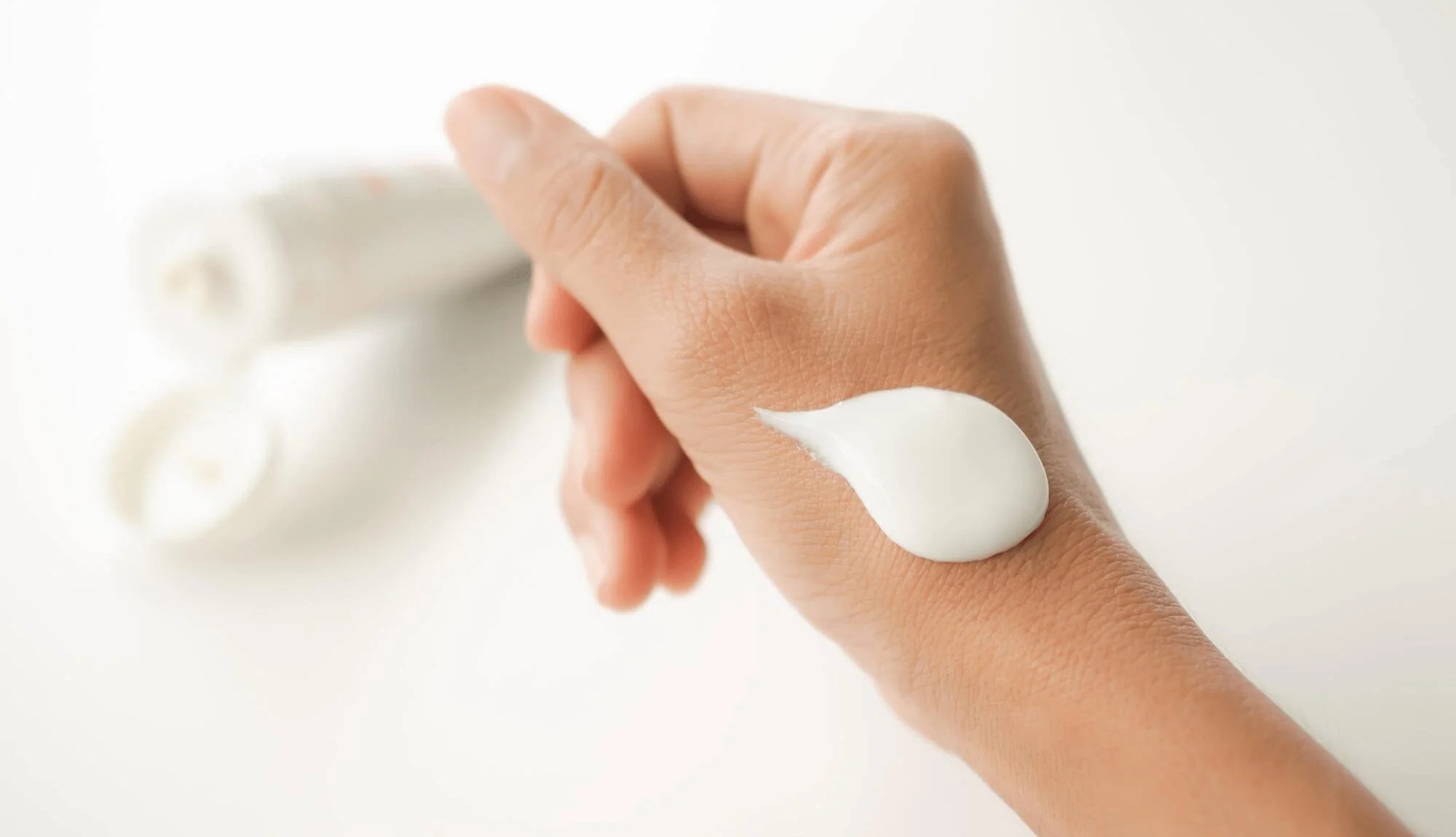Sexually transmitted diseases (STDs) are a public health concern that many people prefer not to discuss openly. Yet, regular testing is critical because STDs are often asymptomatic in their early stages. Without diagnosis, these infections may cause severe complications or unknowingly spread to others.
When it comes to STD testing, blood work is a commonly used diagnostic tool. But is it always effective? Can it detect all types of STDs? This blog post will detail the role of blood tests in STD detection, explain how they work, and highlight why other testing methods may sometimes be necessary. If you’ve been wondering whether your blood test can detect STDs, we’ve got answers.
What Is STD Testing?
STD testing identifies infections transmitted through sexual contact, such as HIV, syphilis, or chlamydia. Testing is vital because many STDs remain symptomless for weeks, months, or even indefinitely, making regular screening a key strategy in managing sexual health.
Standard methods for testing STDs include:
- Blood Tests – Primarily used for conditions like HIV, syphilis, and hepatitis B or C.
- Urine Tests – Effective for detecting bacterial STDs, such as chlamydia and gonorrhea.
- Swab Tests – Collect samples from the genital area, throat, or rectum to diagnose various infections.
- Pap Smears – Used to test for HPV or cervical cancer.
No single test can detect every STD. The method your healthcare provider uses depends on your symptoms, sexual history, and risk factors. Regardless of methods, comprehensive STD testing enables preventive care, early treatment, and reduced risk of complications.
Can Blood Work Detect STDs?
The short answer is yes, but only certain infections. Blood work is effective at detecting STDs by identifying antibodies, antigens, or DNA linked to specific infections. Some of the most common STDs detectable through blood tests include:
1. HIV
HIV testing often combines antibody and antigen detection in blood samples. The antigens are viral proteins created during infection, while antibodies are the body’s immune response to the virus. HIV blood tests are highly accurate, but it’s important to consider the “window period,” which ranges from 2 to 6 weeks. This is the time it takes for infection markers to become detectable in the blood.
2. Syphilis
Syphilis blood tests detect antibodies the body produces in response to infection. Because these antibodies take time to appear, testing is typically accurate 1 to 3 months after exposure. Syphilis is treatable, but early detection is essential to prevent severe health issues like organ damage.
3. Hepatitis B and C
Blood tests can diagnose hepatitis B and C by detecting antigens (like hepatitis B surface antigen) or antibodies. These tests also discern the stage of the infection—whether it’s acute, chronic, or a previous infection that has since resolved. These infections can take between 6 weeks and 6 months to show up in blood work, making appropriately timed testing crucial.
4. Herpes (in some cases)
For herpes simplex virus (HSV), blood tests detect antibodies produced after exposure. However, the tests might not differentiate between HSV-1 (commonly causing oral herpes) and HSV-2 (typically linked to genital herpes). Blood work for herpes may take 1 to 4 months to yield accurate results, and it’s often less precise than a test of an active sore or lesion.
Which STDs Require Other Testing Methods?
Unfortunately, not all STDs are detectable through blood work. Some require alternative testing methods to confirm a diagnosis accurately. Here are a few examples:
1. Chlamydia and Gonorrhea
These bacterial infections are typically diagnosed with urine tests or genital swabs, as blood tests don’t reliably detect them.
2. Trichomoniasis
This common parasitic STD rarely shows up in blood tests. Instead, it is diagnosed via swabs or urine testing.
3. Human Papillomavirus (HPV)
HPV is most commonly detected through Pap smears or cervical cell sampling during a gynecological exam, not through blood work. Certain high-risk strains can increase the risk of cervical and other cancers, making routine screening vital.
Each testing method serves a specific purpose, and a healthcare provider may combine approaches to achieve an accurate diagnosis based on individual cases.
How Accurate Are Blood Tests for STDs?
Blood tests are generally comprehensive and reliable when detecting certain STDs, such as HIV and syphilis. However, false negatives (tests missing an infection) or false positives (incorrectly detecting infection) can occur. Here are a few factors that might affect the accuracy of results:
- Window Periods: If an STD is tested too soon after exposure, your body may not have developed enough antibodies or antigens for detection.
- Cross-Reactive Results: Some infections or conditions may mimic STD markers, leading to false positives.
- Follow-Up Testing: To confirm results, healthcare providers often perform a secondary confirmatory test, which ensures better accuracy.
How Does the Process Work?
Step-by-step, here’s how blood testing for STDs typically works:
Step 1: Consultation
Schedule an appointment with your healthcare provider. Be open about your sexual history, symptoms, and any recent exposure risks to ensure appropriate testing is ordered.
Step 2: Blood Sample Collection
A healthcare provider will draw a sample of blood. This process is simple and typically takes only a few minutes.
Step 3: Laboratory Analysis
Your blood sample is sent to a lab where it is analyzed for key infection markers, such as antibodies, antigens, or DNA.
Step 4: Results
Results may be available within a few hours to several days, depending on the tests performed. Your doctor will explain your results and discuss next steps, such as treatment.
Step 5: Next Steps
If positive, your provider will guide you on treatment options and discuss notifying current or past sexual partners, as necessary.
The Importance of Regular STD Testing
Routine STD testing is a proactive way to safeguard your health and the health of your partners. Here’s why regular testing matters:
- Early Detection: Many STDs are treatable when caught early, and early testing prevents complications like infertility or organ damage.
- Stigma-Free Privacy: Blood tests are minimally invasive and private, which may alleviate worries for those apprehensive about testing.
- Public Health Impact: Knowing your status reduces the likelihood of unknowingly transmitting infections to others.
It’s important to combat the stigma surrounding STD testing by viewing it as a normal part of responsible health care.
Common Myths About Blood Tests and STDs
Here are a few myths regarding blood tests and STD detection, debunked:
Myth 1: “All STDs show up in routine blood panels.”
Fact: Routine blood panels do not include tests for STDs. You must request specific STD screenings from your doctor.
Myth 2: “Blood tests can detect every STD.”
Fact: While blood tests are excellent for some infections, others like chlamydia or trichomoniasis require urine or swab testing.
Myth 3: “If I test negative with blood work, I don’t need further testing.”
Fact: Different infections require different tests. If symptoms persist or risk factors exist, ask about additional testing methods.
Prioritize Your Sexual Health Today
STD testing is essential for early detection, treatment, and preventing the spread of infections. Blood work plays a significant role in diagnosing many STDs, but it’s only one piece of the overall testing landscape. For thorough care, consult your healthcare provider to discuss the appropriate tests based on your health history and risks.
Don’t shy away from testing—your health is worth it. Schedule an appointment with your doctor or local clinic today.
FAQs
What STDs can blood work detect?
Blood work can detect HIV, syphilis, hepatitis B and C, and sometimes herpes.
Will STDs show up in routine blood work?
No, routine blood work does not test for STDs. You must request specific STD blood panels.
Can blood tests detect chlamydia?
No, chlamydia is typically diagnosed with urine or swab tests.
How do healthcare providers test for STDs?
Testing varies by infection; doctors use blood, urine, swab samples, or cell sampling for accurate diagnosis.


















